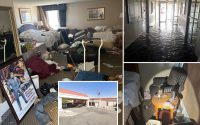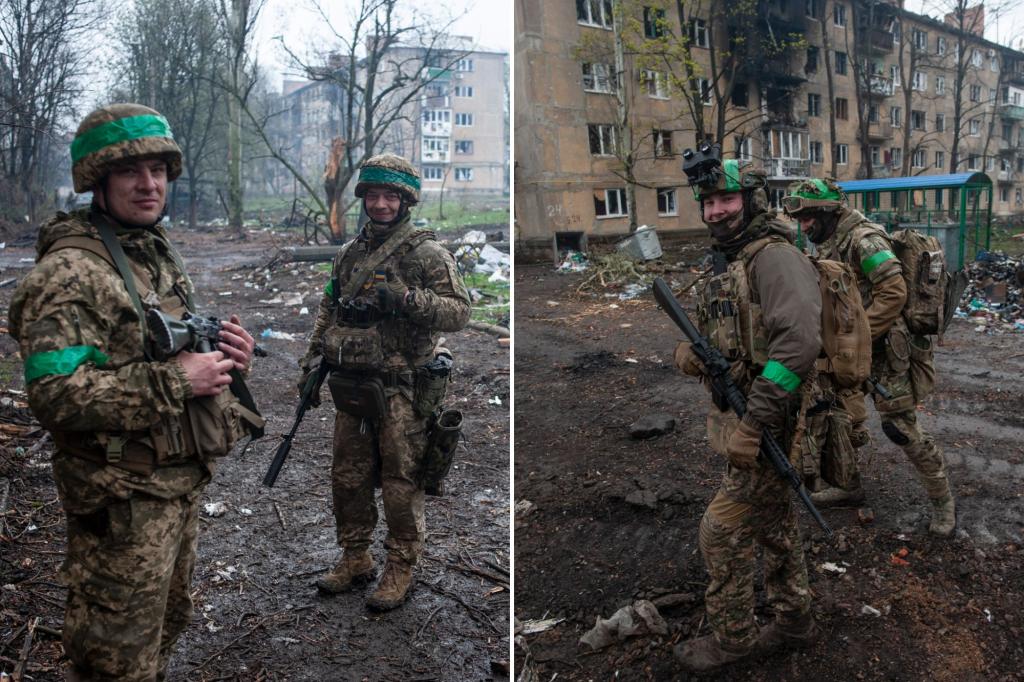El Paso, other cities near capacity with influx of migrants on streets
A growing number of border communities are sounding the alarm on the border crisis, as migrants are being dumped onto their streets by Border Patrol, which has maxed out its ability to house recent arrivals.
Leaders in El Paso, Texas, warned they would not be able to keep mass groups of migrants from sleeping on the streets — what the city considers worst-case scenario — for much longer.
On Thursday alone, some 1,700 migrants entered the US through El Paso in a 24-hour period.
In previous weeks, the city had seen less than 1,000 migrants a day.
“We’re not going to have street releases,” said the city’s Mayor Oscar Leeser during a Friday morning news conference.
“Our No. 1 priority is the safety of our community and the safety of our asylum seekers. We don’t want them sleeping on the streets, but at some point, we will run out of capacity.”

Until now, the city government has been able to delay so-called “street releases,” when migrants who have been screened and processed by Border Patrol get released into the community when the agency runs out of space to hold them.
El Paso shelters that normally take the migrants in are at capacity, telling The Post in August they are “busier than ever.”
Leeser said the city has 400 dedicated hotel rooms every night available for migrants — paid for by federal tax dollars. Sometimes, the need is greater, as it was Thursday night when migrants filled up 700 hotel rooms.

In those cases, they can avoid having migrants on the streets by booking extra hotel space, but the rooms aren’t always available.
“The numbers continue to grow,” Leeser explained. “This has become something that we meet everyday to prevent from happening.”
The west Texas mayor hopes to avoid the fate of other border cities like San Diego, where he said 1,100 migrants were released into the community on Tuesday.
In southern California, the street releases continued Wednesday, when three busloads where released at a trolley station in Otay Mesa, reported the local NBC station.

The migrants are often penniless or have little cash to reach whatever city is their final destination.
“Is it OK if I go to Chicago, no arrest?” an unidentified migrant asked a Border Patrol agent, according to the Border Report.
“You are free to go,” an agent replied.
That leaves migrants and local officials scrambling to pay for travel to their city of choice, meanwhile, living on the streets.

Arizona has become another huge border flashpoint and migrant encounters in the Border Patrol’s Tucson sector are the highest in the country.
Border sources there confirmed the state recorded 9,100 migrants encountered in a single day last week — close to the record setting 10,000-a-day figures experienced across the entire border in May when Title 42 ended. Over 7,400 of those migrants had crossed illegally and then handed themselves over to border patrol, overwhelming the available resources.
Migrants have bee released onto the streets in Nogales and Casa Grande, Border Patrol sources told The Post, sharing photos of migrants who had made their way to the US from around the world loitering in public spaces.
Sources have also said the huge influx of migrants to Arizona is being orchestrated by the cartels.


